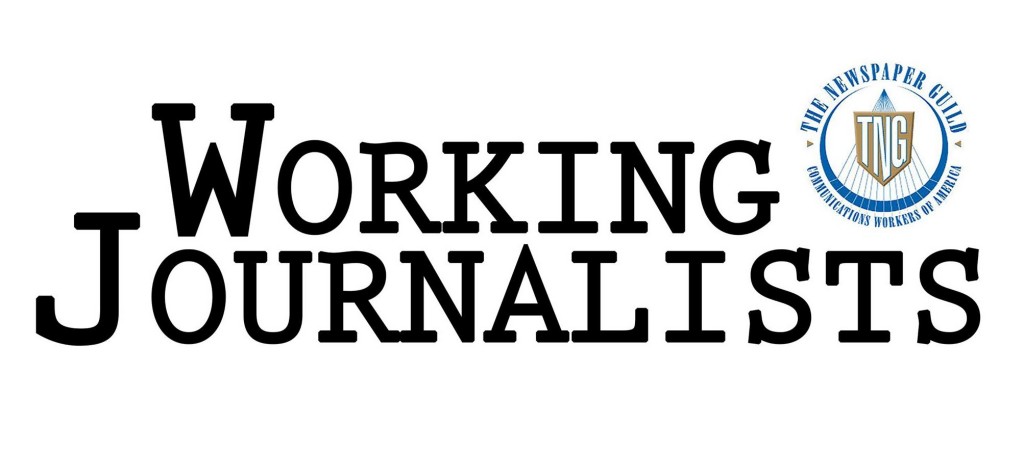Working Journalists aims to improve conditions for Chicago-area freelancers
by Rachel Sanders
 Rob Dicker felt totally secure in his position as staff photographer with Pioneer Press. He had skills, seniority and a great relationship with his manager. So it came as a total shock when he was called into a meeting in May 2013 by his newspaper’s corporate owner, Sun-Times Media.
Rob Dicker felt totally secure in his position as staff photographer with Pioneer Press. He had skills, seniority and a great relationship with his manager. So it came as a total shock when he was called into a meeting in May 2013 by his newspaper’s corporate owner, Sun-Times Media.
The company laid off its entire full-time photography department that day, Dicker among them. It was a stunning move that made headlines internationally. Newspaper staff everywhere felt the ground shifting beneath them yet again.
Dicker is now the acting unit chair of Working Journalists, the new freelance branch of the Chicago Newspaper Guild. Working Journalists is just one of a number of freelance organizations that have sprung up worldwide over the past few years — an indication of the direction in which journalism is moving.
“The fact of the matter is, staff journalism could very well be on the way out,” Dicker told Story Board during a phone interview earlier this week.
“I’m not going to be the first one to declare that it’s dead, but it doesn’t take a rocket scientist to see the writing on the wall,” he said.
That’s why he’s been an enthusiastic supporter of the freelance unit since the idea first arose.
“If that’s where journalism is going to be going, we have to make sure that there’s kind of a soft landing for those who end up like me and those who just plain choose to freelance. Because if every paper’s going to be doing what the Sun-Times has been doing, there’s going to be a lot of us without retirement plans, without specific kinds of insurance, left high and dry without equipment,” he said.
“I feel that in North America, we should be strengthening the freelancers’ type of guild, because that may be the Newspaper Guild’s future, sadly,” he said.
Dicker says Working Journalists has plans to provide a variety of services and resources to its members.
“I do think that the key points that we can provide are a networking ability, education, benefits such as dental insurance, perhaps life insurance, retirement plans. We’re looking possibly into group discounts on [equipment] purchases. Anything that the CWA and The Newspaper Guild can offer, it’ll pretty much be available to our members, too,” he said.
Dicker also envisions a time when freelance guilds like Working Journalists will be able to set rates.
“Ideally we would like to be able to have enough members that we could set the rates and even create a job shop. Potential clients or publications would contact us with specific assignments and, using a bulletin board system, the photographers, the reporters, the members, can go there and say ‘I’ll do that one’ and we’ll have standard rates for assignments. There are some who say that we can’t do that and there are others who say we can,” he said.
In the meantime, Dicker says that in the uncertain world of media freelancing, guild membership can provide a source of support.
“People have to realize that this is a safety net in a lot of ways. This will allow a freelancer, somebody who has voluntarily or involuntarily committed to freelancing, to have a semblance of stability in their lives. Just having a voice to speak for you when you don’t have the ability to speak for yourself,” he said.
“We are that mouthpiece. And in a lot of ways we’re the safety net, too.”



